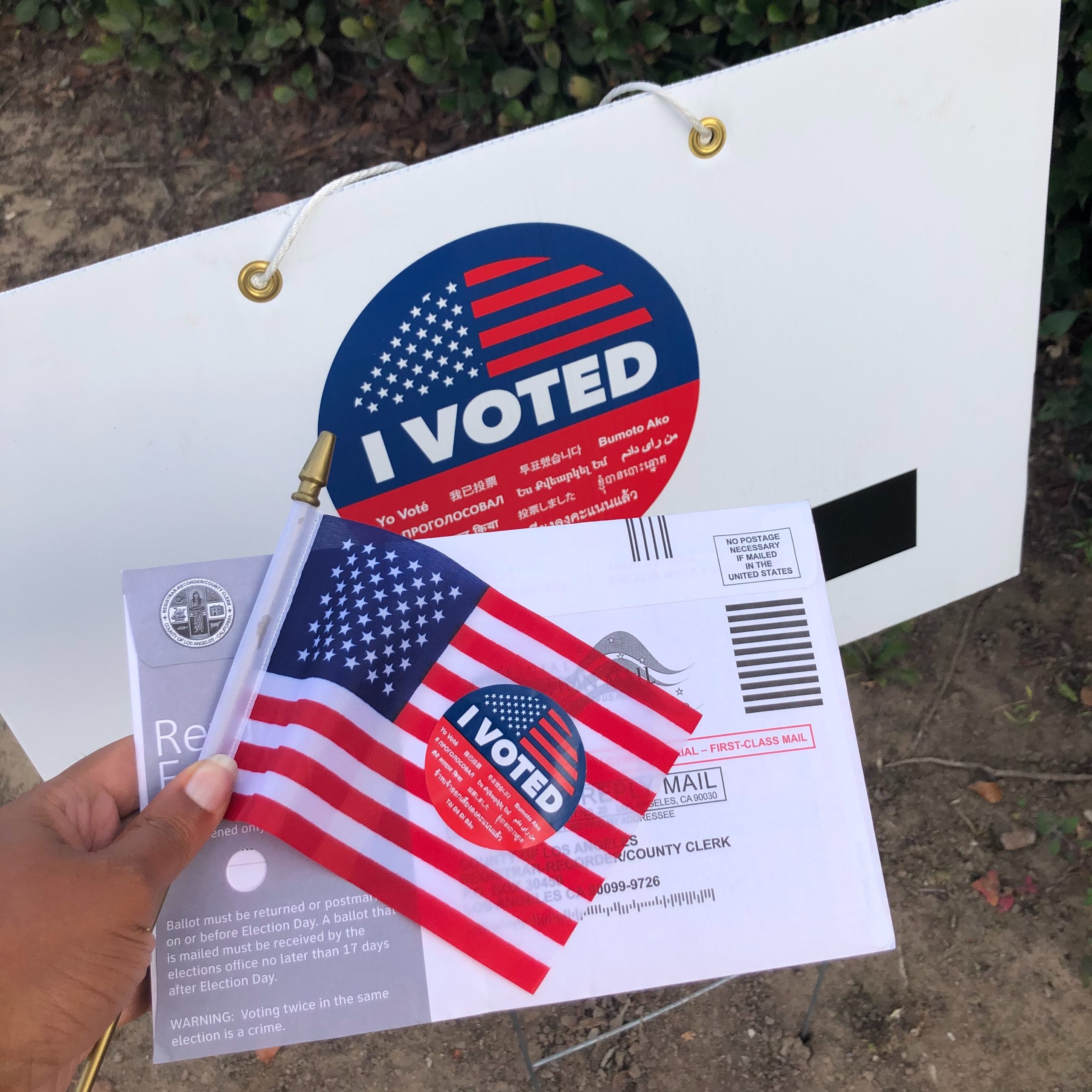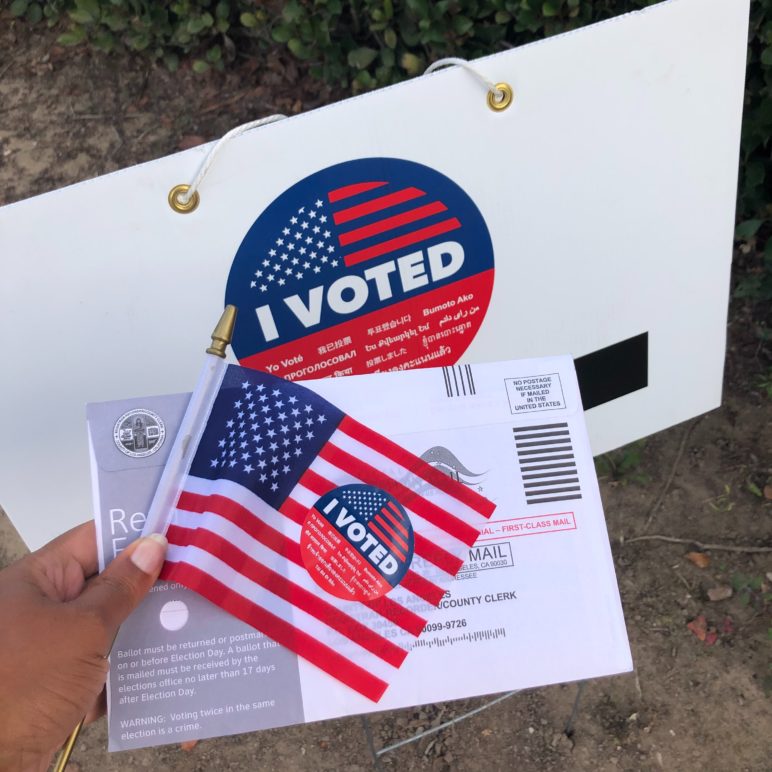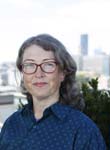In the aftermath of the 2020 presidential election, many of us—in Cascadia and beyond—have found occasion to ask some critical questions about US democracy. How did we get here? Can we truly call this system a democracy? What happens next? How can the United States meet the promise of its democratic values?
Kristin Eberhard, director of our democracy program, has been considering these and other questions. Her book, Becoming a Democracy, walks through 10 big but practical ideas for making our elections free, fair, and secure. Over the past several months, Kristin has appeared on several radio programs and podcasts, talking about solutions from ranked choice voting to abolishing the US Senate. Tune in to hear these conversations about the electoral reform that can protect and advance voting rights in America.
Bill Radke opens up his February KUOW interview by asking Kristin the question, “Is our democracy working? Politics aside, is this how we want to govern ourselves?” They talk about the For the People Act, how the origins of voting in this country resembled a “laboratory of innovation” for disenfranchising Black voters, and more ideas from Kristin’s book.
Democracy Nerd teases their April interview with Kristin thus: “It’s not hard to imagine that democracy in the United States could be improved. What would a better democracy look like? Would it include a parliamentary system—or a proportional representation system? Should universal automatic voter registration be considered? What role would sortition play?” A true democracy nerd, Kristin delivers the answers.
Becoming Great is a Sweden-based podcast featuring interviews with leaders of innovative organizations around the world. In this May interview, Kristin talks with host Karimkhon Bukhadurov talks about the need for true sustainability solutions to include all voices, especially those that have been historically excluded. From access to housing to access to the vote, Kristin talks about moving the needle toward a more just and inclusive society.
A fair and welcoming democracy is possible. Kristin points to the flaws built into the system, but also emphasizes that the tools to become a true democracy are at our fingertips. In her book and in these conversations, she charts a practical roadmap to a system worthy of the word “democracy.”









